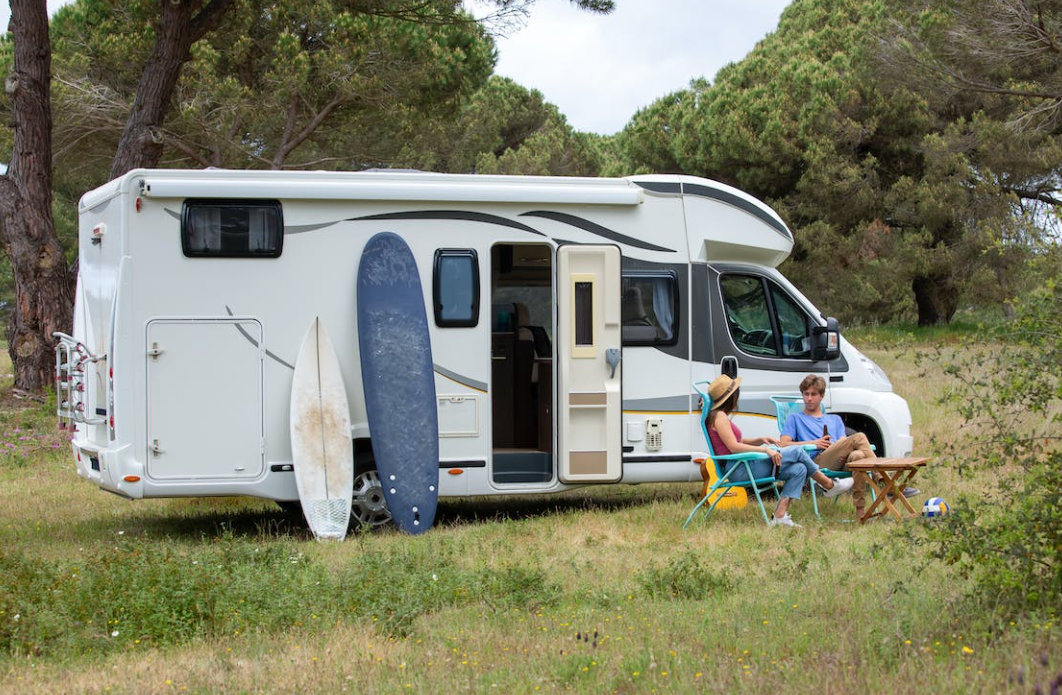
RV enthusiasts who want to power their vehicles off-grid have several options to choose from, including solar panels, wind turbines, and gas generators. In this article, we’ll focus on gas generators and discuss how to set up a gas generator system for your RV and how much it typically costs.
Setting up a Gas Generator System for Your RV
A gas generator can be a reliable and convenient source of power for your RV, especially if you plan to stay in one location for an extended period of time. Here are the steps to set up a gas generator system for your RV:
- Choose a Generator: The first step is to choose a generator that is suitable for your RV. Generators come in different sizes and power output levels, so it’s important to choose one that can handle the electrical demands of your RV. A good rule of thumb is to choose a generator with a power output of at least 3,000 watts.
- Determine the Location: Once you’ve chosen a generator, you need to decide where to place it. Most RVs have a compartment or storage area where the generator can be installed. This area should be well-ventilated and accessible for maintenance and repairs.
- Install Exhaust System: A gas generator produces exhaust fumes that can be harmful if they enter the RV. To prevent this, you need to install an exhaust system that vents the fumes outside. This can be done by attaching a flexible exhaust pipe to the generator and running it outside through a hole in the RV wall or floor.
- Connect Generator to RV: Once the generator and exhaust system are installed, you need to connect the generator to your RV’s electrical system. This can be done using a transfer switch, which is a device that allows you to switch between generator power and shore power (if available) without having to unplug any cords. The transfer switch should be installed by a licensed electrician.
- Fuel the Generator: Finally, you need to fuel the generator. Most gas generators run on gasoline or propane. You should store your fuel in a safe, well-ventilated area away from the RV.
Cost of Setting up a Gas Generator System for Your RV
The cost of setting up a gas generator system for your RV can vary depending on the size and power output of the generator, as well as the cost of installation. Here are some general estimates:
- Generator: A gas generator suitable for an RV can cost anywhere from $500 to $5,000 or more, depending on the size and power output.
- Installation: The cost of installation will depend on whether you hire a professional or do it yourself. If you hire a professional, installation can cost anywhere from $500 to $1,000 or more. If you do it yourself, you can save on installation costs but may need to purchase additional tools and supplies.
- Fuel: The cost of fuel will depend on the type of fuel you use (gasoline or propane) and the current market price. As of 2023, the average price of gasoline in the United States is around $3 per gallon, while propane costs around $2.50 per gallon.
Overall, setting up a gas generator system for your RV can cost anywhere from $1,000 to $10,000 or more, depending on the size and power output of the generator, as well as the cost of installation and fuel.
Conclusion
If you’re an RV enthusiast who wants to power your vehicle off-grid, a gas generator can be a reliable and convenient source of power. By following the steps outlined in this article, you can set up a gas generator system for your RV and enjoy the freedom and flexibility of off-grid living.
While the initial cost of setting up a gas generator system can be significant, it can provide reliable power that can help you save money on campground fees and other expenses associated with traditional RV living. Additionally, a gas generator can provide peace of mind in case of emergencies or unexpected power outages.
However, it’s important to note that gas generators can be noisy and produce emissions that can be harmful to the environment. If you’re concerned about noise or emissions, you may want to consider alternative power sources, such as solar panels or wind turbines.